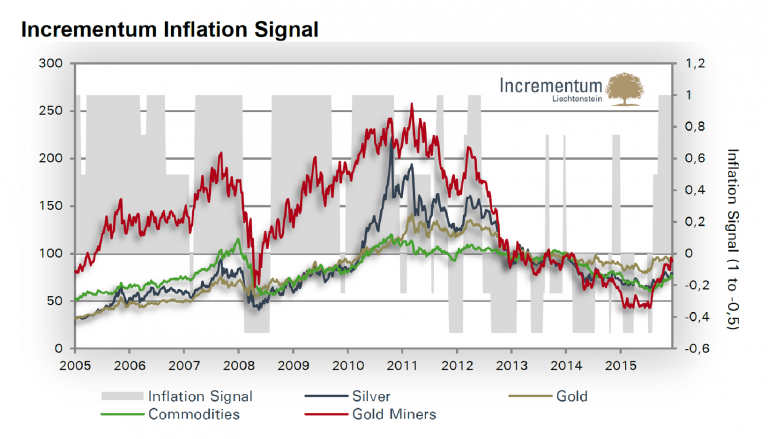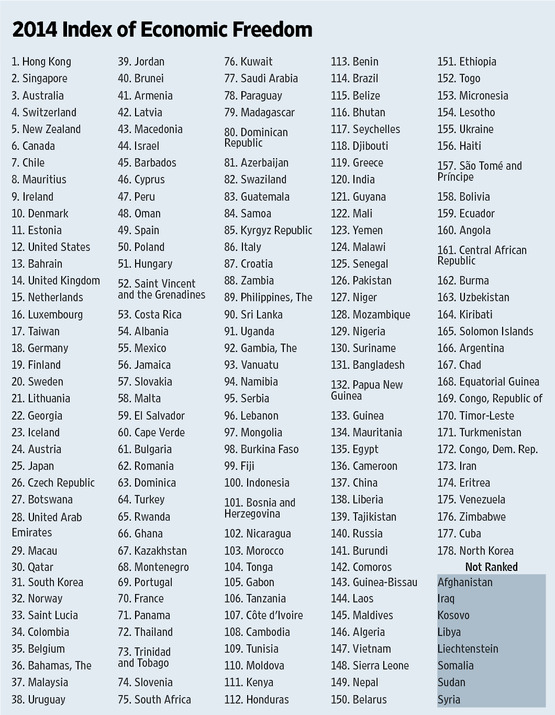That Losing Feeling
I think I am the single most conservative trader on earth in the sense that I absolutely hate losing money.
~ Paul Tudor Jones
Most of the world’s best investors are exceptionally uncomfortable with losing. In fact, losses cause physical pain for many. This stress of losses predisposes investors to the predictable consequences of chronic stress such as premature aging (as they say, traders age in dog-years). Top investors learn strategies to manage the stress, and they go to great lengths to limit losses. From painful experience they’ve learned that the market will find any vulnerability in their strategy and exploit it.
Top investors distinguish between losses as a part of doing business, when they were simply wrong despite following their process. Such losses are part of being a risk-taker. Most stressful is when a loss is preventable due to poor decision making or a flaw in risk management.
Interestingly, several top investors have told me they do not feel pain if a loss occurred within a properly executed framework. In Steven Drobny’s excellent book Inside the House of Money, he interviews hedge fund manager Jim Leitner of Falcon Management. Leitner describes his trading as being absolutely unemotional. “Losses did not have an effect on me because I viewed them as purely probability-driven, which meant sometimes you came up with a loss.” Leitners attitude reflects an observation of Jack Schwager about top investors: “You can’t be afraid to take a loss. The people who are successful in this business are the people who are willing to lose money.”
Most investors cannot simply detach from the pain of losses as Leitner does, and they use a variety of coaching, cognitive, behavioral, and biofeedback approaches to limit stress and improve decision making.
Paul Tudor Jones is widely renowned as one of the greatest traders in history. In Jack Schwager’s book Stock Market Wizards, Jones comments on how his life and trading have changed since a large loss he suffered during one of his first years as a professional trader: “Now I spend my day trying to make myself as happy and relaxed as I can be. If I have positions going against me, I get right out; if they are going for me, I keep them.” Jones optimizes his mental state during the trading day by reducing emotional interference, and one way of doing that is by cutting painful losers quickly.
The best investors limit their losses to very small amounts in any given bet. They do this via 1) sizing, 2) identifying the nearest exit and the conditions under which others may try to fit through it (liquidity risk), and 3) appropriately hedging risks such as A) time decay, B) interest rate risk, C) event risk, and D) correlation risk. Monitoring and planning for such risks has to be a disciplined habit. As Vince Lombardi famously commented, “You don’t win once in a while, you don’t do things right once in a while, you do them right all the time. Winning is habit. Unfortunately, so is losing.”
And that is proper risk management hygiene. The remainder of this newsletter is about why such hygiene is so difficult. |




